According to a VNA reporter in Jakarta, the Indonesian National Research and Innovation Agency (BRIN) is developing Artificial Intelligence (AI) technology to enhance accessibility for people with disabilities, especially through voice and facial expression recognition.
Hilman Ferdinandus Pardede, principal investigator at BRIN’s Center for Artificial Intelligence and Cybersecurity, said that voice recognition technology helps people with disabilities communicate more naturally and effectively. “This technology makes communication more natural and human—no need to touch or see, just use your voice,” he emphasized.
However, Mr. Pardede also admitted that research on voice recognition still faces many technical challenges, such as the ability to adapt to local accents, environmental noise or different usage conditions.
“Energy-saving and efficiency innovations are key to making this technology more accessible to more people, especially those using simple devices. This is how AI can promote equity in access to technology,” he said.
Meanwhile, senior engineer Gembong Satrio Wibowanto said BRIN is also developing a facial expression recognition system as an alternative form of communication for people with language limitations.
“We focus on creating systems that can analyze emotions in real time accurately and adapt flexibly, making human-machine interactions more intuitive and empathetic,” he explains.
BRIN's Center for Artificial Intelligence and Cybersecurity Director Anto Satriyo Nugroho stressed that technology must be inclusive and accessible to all.
For example, screen-reading software can assist people with visual impairments, while speech recognition tools can help people with hearing impairments communicate more easily.
Also on the same issue, Ms. Rachmita Maun Harahap, a member of the National Commission for Persons with Disabilities of Indonesia, said that technology development needs to be based on human rights, not just compassion.
“Technology should be seen as a tool to promote equality and empowerment, not just a humanitarian act,” she said, praising AI applications such as speech-to-text and text-to-speech, which are bringing about real changes in communication, learning and employment for people with disabilities./.
Source: https://www.vietnamplus.vn/phat-trien-cong-nghe-ai-nhan-dien-giong-noi-giup-nguoi-khuet-tat-post1069963.vnp


![[Photo] Prime Minister Pham Minh Chinh receives President of Cuba's Latin American News Agency](/_next/image?url=https%3A%2F%2Fvphoto.vietnam.vn%2Fthumb%2F1200x675%2Fvietnam%2Fresource%2FIMAGE%2F2025%2F12%2F01%2F1764569497815_dsc-2890-jpg.webp&w=3840&q=75)




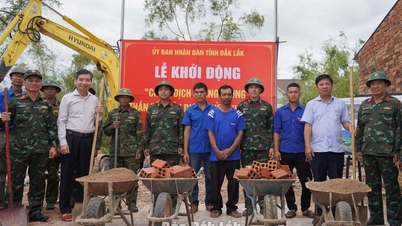







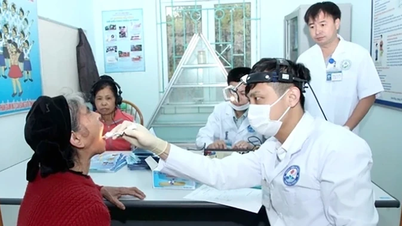

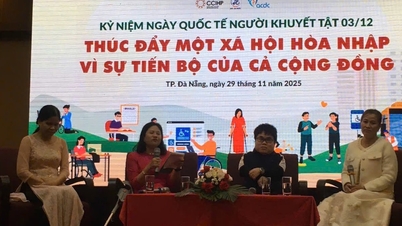


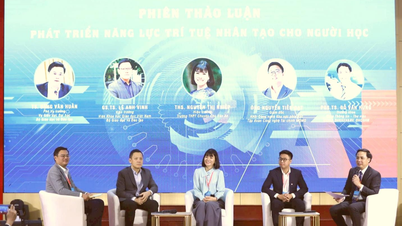

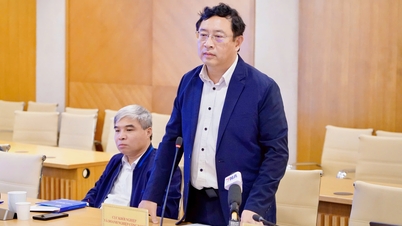

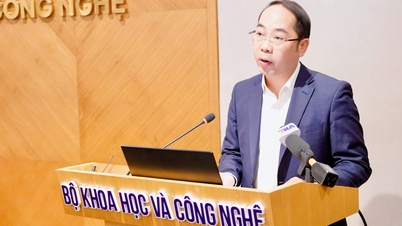


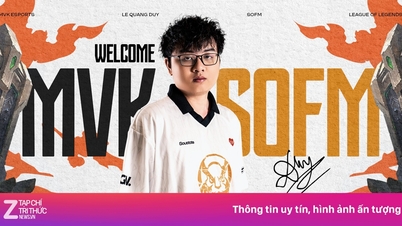




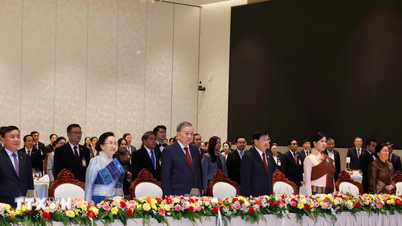

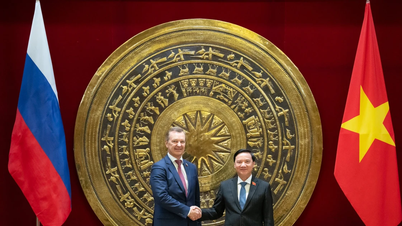
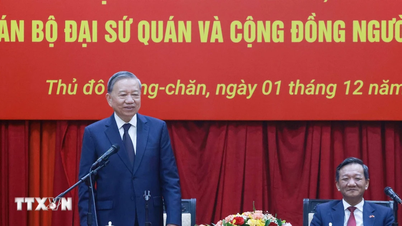
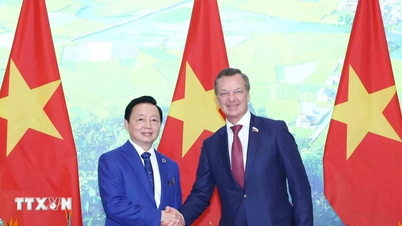












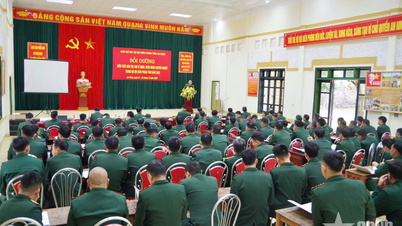

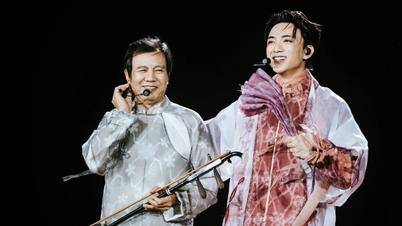
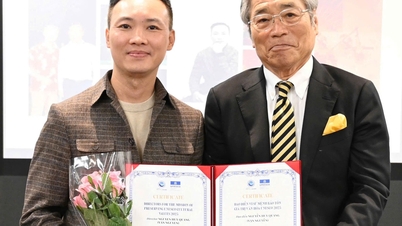

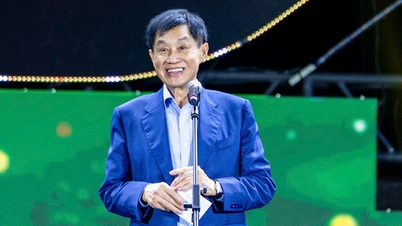
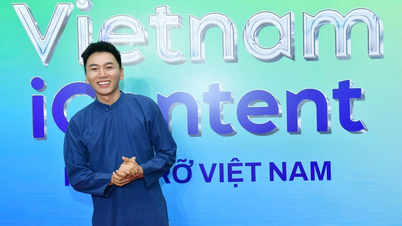

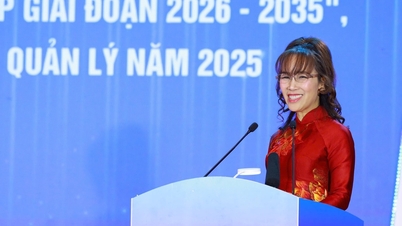
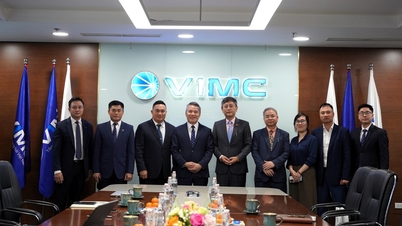




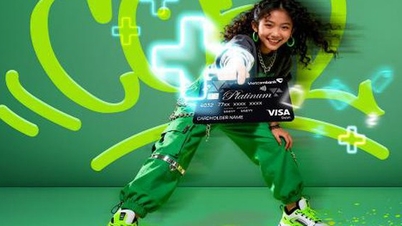
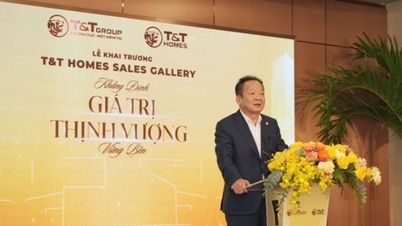











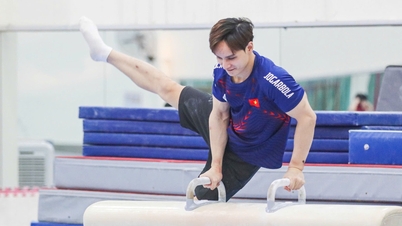


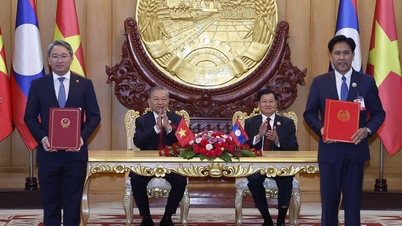
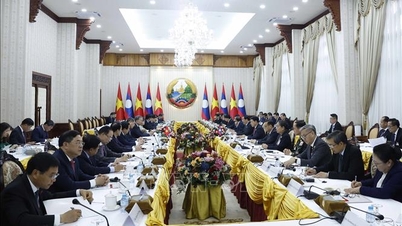



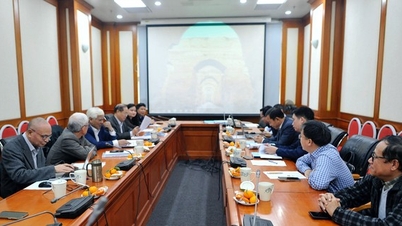


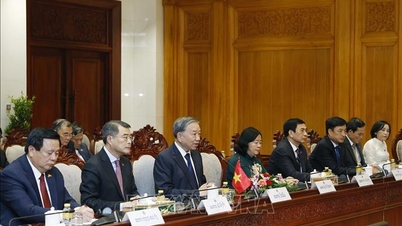
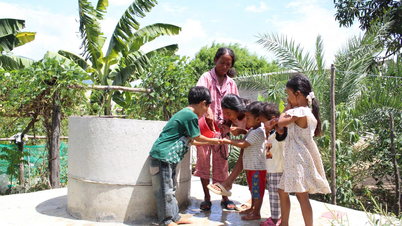

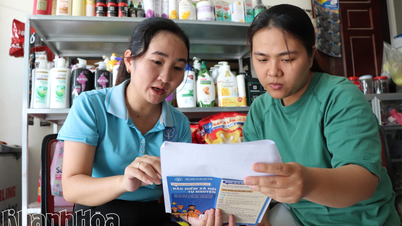
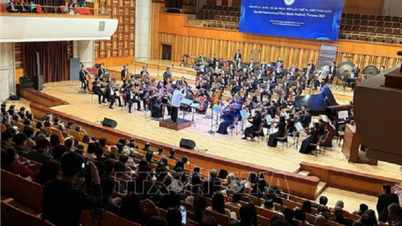


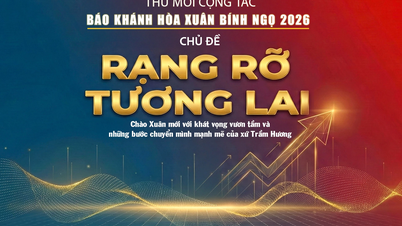
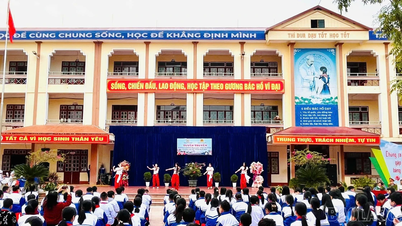














Comment (0)